Rexplore leverages novel solutions in large-scale data mining, semantic technologies and visual analytics, to provide an innovative environment for exploring and making sense of scholarly data.
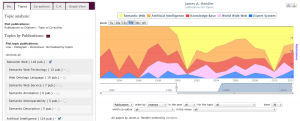
In particular, Rexplore allows users:
- To detect and make sense of important trends in research, such as, significant migrations of researchers from one area to another, the emergence of new topics, the evolution of communities within a particular area, and several others.
- To identify a variety of interesting relations between researchers, e.g., recognizing authors who share similar research trajectories. These relations go well beyond the standard co-authorship links or relationships informed by social networks, which are commonly found in other systems.
- To perform fine-grained expert search with respect to detailed multi-dimensional parameters.
- To analyse research performance at different levels of abstraction, including individual researchers, organizations, countries, and research communities identified on the basis of dynamic criteria.
- To automatically classify book collections, authors, conferences and other research entities according to the associated research topics
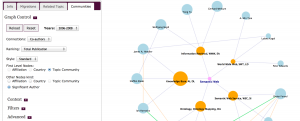 An important aspect of Rexplore is that it does not rely on manually-generated taxonomies of research areas, which tend to be shallow and date very rapidly, but uses instead an innovative ontology population algorithm, Klink-2, which automatically constructs a semantic network of fine-grained research areas, linked by semantic relations, such as sameAs and subAreaOf. The use of Klink-2 ensures a fine-grained handling of research areas and affordsRexplorea very high level of precision and recall in associating topics to publications and researchers.
An important aspect of Rexplore is that it does not rely on manually-generated taxonomies of research areas, which tend to be shallow and date very rapidly, but uses instead an innovative ontology population algorithm, Klink-2, which automatically constructs a semantic network of fine-grained research areas, linked by semantic relations, such as sameAs and subAreaOf. The use of Klink-2 ensures a fine-grained handling of research areas and affordsRexplorea very high level of precision and recall in associating topics to publications and researchers.
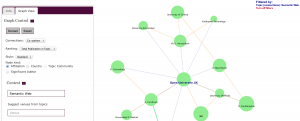
Rexplore integrates scholarly data from major commercial publishers, as well as other resources, such as DBpedia and GeoNames. As of January 2016, Rexplore includes metadata on 16 million papers and 11 million authors. It relies on an ontology of Computer Science topics, automatically generated by means of the Klink-2 algorithm, which contains about 15K research topics linked by about 70K semantic relationships. Rexplore offers an advanced graphical interface, comprising a variety of innovative and fine grained visualizations, which support users in exploring authors, topics, and research communities. To support effective exploration, all graphical elements can be clicked on, thus enabling a seamless and contextualized navigation.

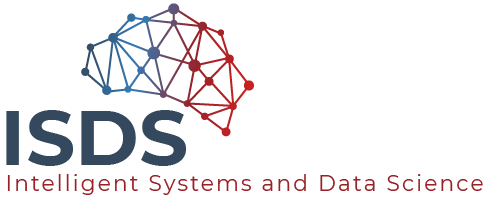

 Scholarly Knowledge Mining
Scholarly Knowledge Mining
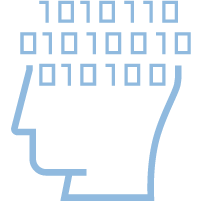 Digital Humanities
Digital Humanities
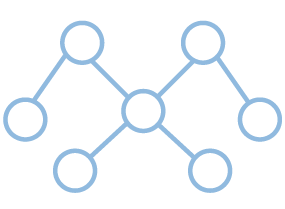 Data Science
Data Science
 Smart Cities and Robotics
Smart Cities and Robotics
You must be logged in to post a comment.